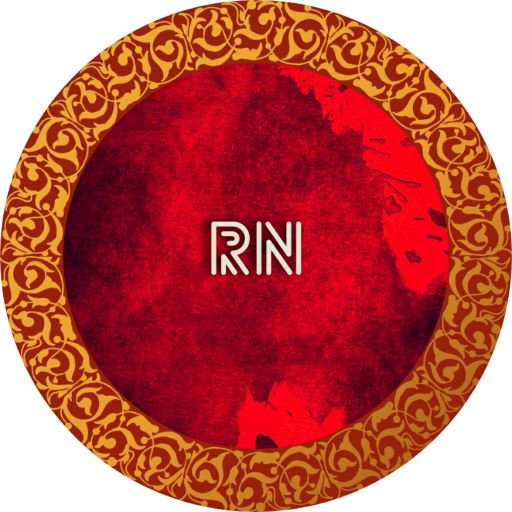| Discussions Forum | ||||||||||||||||
Home  Forum Forum  Goods and Services Tax - GST Goods and Services Tax - GST  This This 
|
||||||||||||||||
| A Public Forum. Anyone can participate to share knowledge. |
||||||||||||||||
|---|---|---|---|---|---|---|---|---|---|---|---|---|---|---|---|---|
| We acknowledge the contributions of Experts/ Authors. | ||||||||||||||||
Submit new Issue / Query |
||||||||||||||||
when to issue 'bill of supply', Goods and Services Tax - GST |
||||||||||||||||
|
||||||||||||||||
when to issue 'bill of supply' |
||||||||||||||||
Posts / Replies Showing Replies 1 to 8 of 8 Records Page: 1
In all three situations of sale by XYZ (India), there is no exempt-supply. Accordingly, XYZ needs to issue only 'commercial invoice' and not 'bill of supply'. These are ex facie views of mine and the same should not be construed as professional advice / suggestion.
Thanks Amit ji for your kind advice as always.
Even if it is assumed that these sale by XYZ (India) falls under non-taxable supply (though I believe otherwise), still, issuance of 'commercial invoice' by XYZ (India) will be sufficient. These are ex facie views of mine and the same should not be construed as professional advice / suggestion.
Dear Sir, Bill of supply is meant for supply of exempted goods and services as per Section 31(3) (C) of CGST Act. 1. No issue of supply of exempted goods. Also read Section 65A of Customs Act and para no. 2.36 of FTP, 2023. Commercial invoice required to be issued. 2. Such transaction does not fall in the category of exempted supply. Also see para 2.38 of FTP, 2023.Commercial invoice required to be issued. 3. Transaction in non-taxable territory. Not covered in the category of Bill of supply. Commercial invoice required to be issued.
Thanks Kasturi ji for your advice.
In this case, XYZ is the original importer and his imported goods are warehoused in a customs-bonded warehouse without duty payment. Once the imported goods are bonded in the customs-bonded warehouse, he can transfer these goods to another buyer either wholly or part thereof direct from the bond. Section 59(5) of the Customs Act 1962, permits such transfer of goods from the bond. This transaction is generally known in the trade as an “In-Bond Sale” The customer of XYZ is the ultimate owner, importer, and transferee of these items in this transaction. He is in charge of filing bills of entry for ex-bonds and duty payments. A commercial invoice (In-Bond Sale Invoice) from XYZ will serve as the basis for the filing of an ex-bond bill of entry and fixing of the customs duty payable. Hence, according to my view, no separate “Bill of Supply” is necessary.
This transaction and the one mentioned above are somewhat comparable. In this scenario, XYZ transfers ownership of the items (Sell) to his client while they are at sea. In a high seas sale transaction like this, XYZ gives his buyer his sale invoice, who then files a bill of entry with customs using the sale invoice he received from XYZ and clears the goods from the port after paying the necessary customs duties. I don't think a bill of supply is necessary in this situation either.
Intermediary commerce or merchanting trade are two terms used to describe this type of transaction. The merchant is based in India, while the shipper and recipient of the goods are both outside of the country. No goods ever enter India. The "Bill to - Ship to" Invoice is raised in this transaction by Indian merchants. According to the Foreign Trade Policy, this kind of supply and procurement under "Bill-To-Ship-To" agreements is allowed. For goods exported to the buyer, the merchant trader receives inward remittance. For items purchased from the seller, the merchant trader makes outward remittances. The merchant trader's profit is the difference between inbound and outgoing remittances. Again, in my opinion, no bill of supply is necessary. (This is my personal opinion and should not be taken as legal advice.)
Sh. Raghunandhaanan Rvi Ji, In your reply, although the destination is same in all three situations, yet your comprehensive reply is very much appreciable. You have covered all the aspects and hence your reply is fool proof. It has enriched my knowledge.
Dear Kasthuri Sethi Saab Your encouragement gives me more motivation...Thank you so much for your appreciation. Page: 1 |
||||||||||||||||



.jpg)
